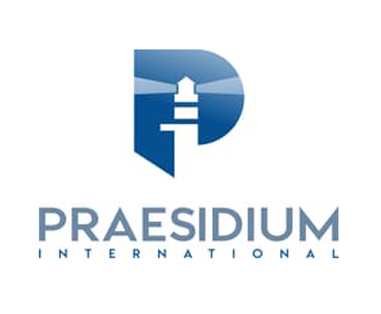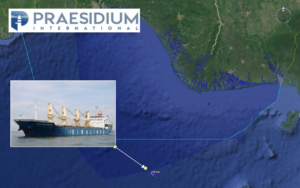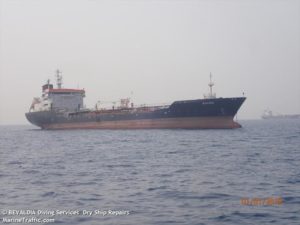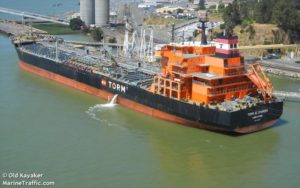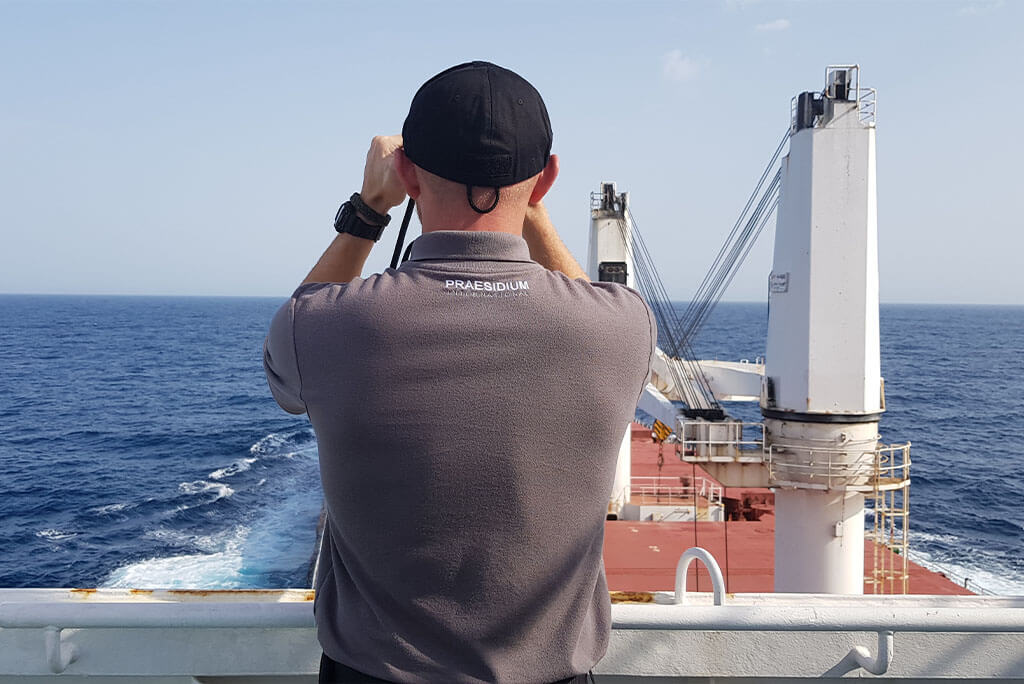The Gulf of Guinea
It’s a vast and diverse region stretching from Senegal to Angola, including approximately 6,000km of coastline. The Gulf of Guinea which has a maximum depth of 6,363 meters is an important geo-political choke point for transporting oil extracted in the Niger Delta, as well as goods to and from central and southern Africa.
The Gulf of Guinea is one of the most dynamic regions in the global energy sector and is of critical importance for the economic development of much of the Atlantic Coast of Africa. Revenues derived from hydrocarbons provide many African states in the region with a strong financial base to fund development initiatives.
Also, many of the trade routes connecting Africa with the rest of the world pass through the Gulf of Guinea. This established trade route has for centuries been a corridor for the movement of both legal and illicit goods. In addition, the region is rich in natural resources including hydrocarbon deposits, oil, fish, timber, and mineral resources, which are all globally export.
The Gulf water is important as a stock and flow resource and two examples suffice: Firstly, fishing is a vast industry and source of employment for coastal communities in particular. As a source of protein, the Gulf is a major supplier of food for generally poor societies and thus an important element of food security as far as access and availability are concerned. Secondly, its growing energy stocks located at sea or in the coastal zones represent the bedrock of economic income for several countries.
It is certainly not by coincidence that the waters of the Gulf of Guinea are a special attraction to littoral African states. They are a vast depository of natural resources. From fisheries to hydrocarbons, these resources generate valuable revenue to the 470 million people of the 26 countries grouped in two economic communities. The Gulf of Guinea waters are a serious source of food and employment for these countries and form an important connection to each neighbouring country. The waters of the Gulf of Guinea form an important part of the whole setup of the region including its land component.
Source: New Telegraph.

